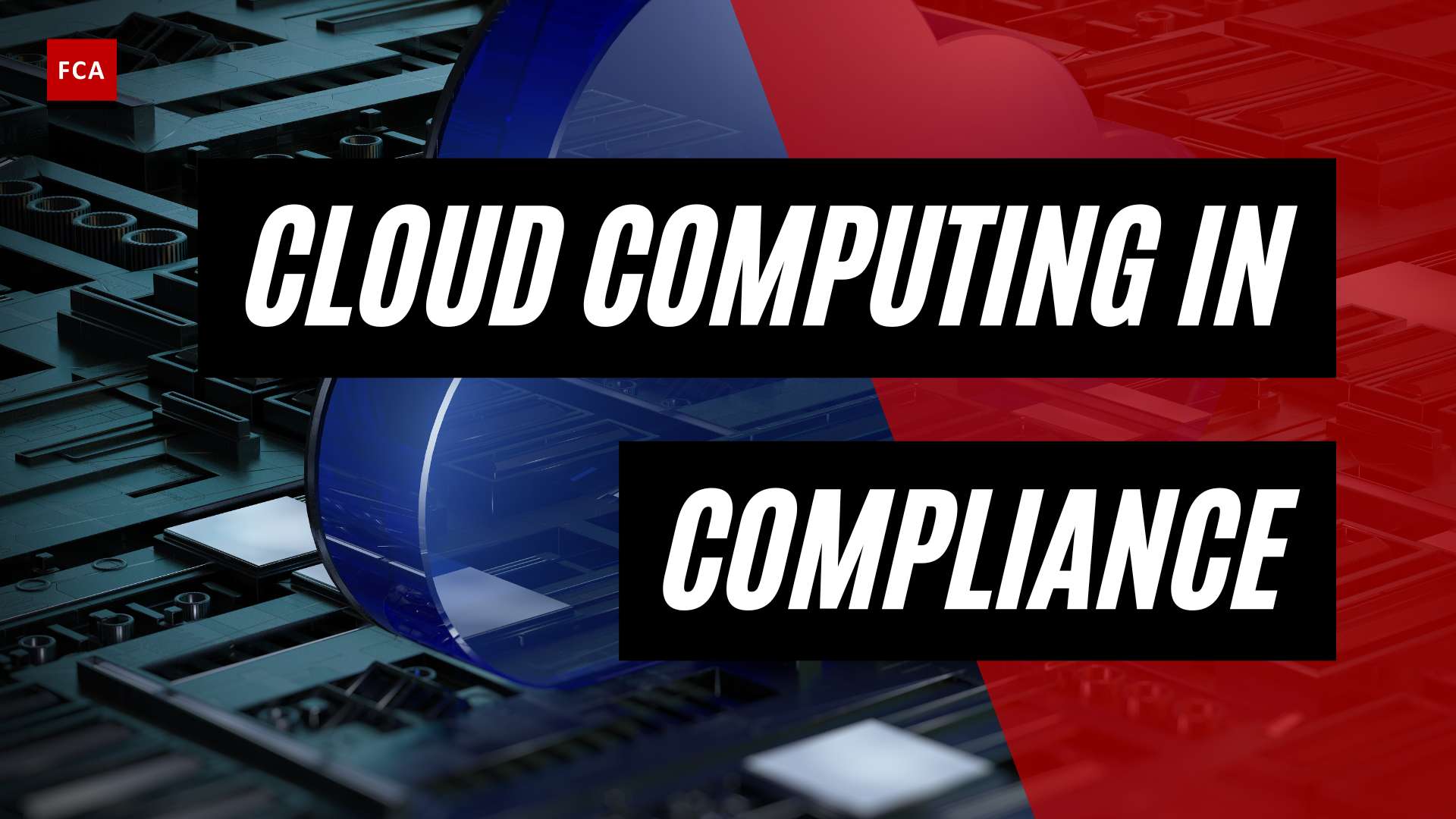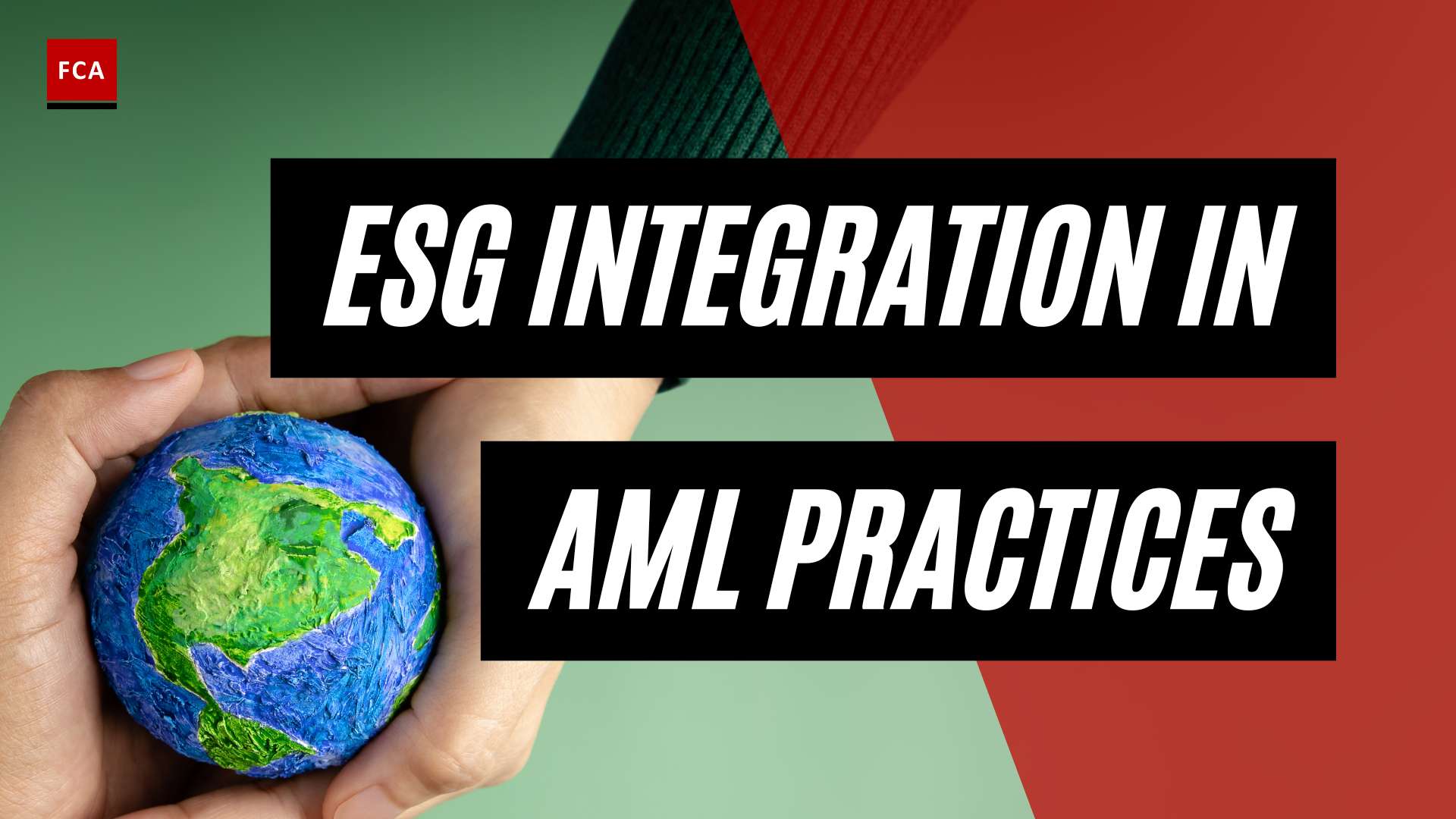Determining suspicious activity. The baseline for filing a SAR is suspicion. Suspicion is a very low threshold. Suspicion can be described in many ways. You can see a list of words that mean the same thing as suspicion on your screen.
A very good indicator that something is wrong is your intuition. Trust your guts. If you feel that something is wrong, most likely, there is something wrong.
Determining Suspicious Activity
Having a suspicion means that no proof of a crime or predicate offense is needed. So, what is the basis for suspicion? It can be unusual client behavior, such as a behavior change in a person. For example, a long-term client comes to the branch with different clothes, a beard and refuses to speak to women.
This could be an indication of radicalization. It could be a nervous and more interested person in thresholds for transactions than the costs of an account. But it may also be an unusual behavior with product use. Imagine a current account used for living expenses and now is being used for huge international transactions.
Another reason to file a SAR is an activity with no apparent economic reason, determining suspicious activity, like a very complex offshore company set-up. This same set-up may not appear to have any lawful purpose.
Also, look for transactions or activities that are not consistent with your KYC CDD information. Suppose the activities are not consistent with your knowledge of the customer, business, risk profile, and source of funds. In that case, your KYC CDD information is outdated, or the activity is suspicious.
You need to be aware that a SAR can only be filed in many jurisdictions where the activity is assumed to be connected to a predicate offense that we will explain in a minute by determining suspicious activity . If the SAR is not connected to a predicate offense, it can be seen as a breach of banking secrecy in some jurisdictions with robust banking secrecy laws like Switzerland or Luxembourg.
In general, institutions file SARs based on suspicion. Still, law enforcement will be the one who finally needs to connect the SAR with a predicate offense. In the US, SARs are filed on suspicious activity. There is no need for institutions to link that activity to a predicate offense before filing. Remember, your SAR may be a minor incident within your institution but give crucial information on a big case.
Money laundering requires a predicate offense to be unlawful. The offense must generate unlawful money. Initially, predicate offenses were connected to drug-related offenses. The definition of predicate offenses has been expanded to include any serious crime and some other crimes. Due to a FATF recommendation, the newest inclusion into the predicate offenses is tax evasion. It was included in the 4th EU AML Directive and the legislation in many other countries. Even Switzerland included tax evasion in its predicate offenses. Predicate offenses vary from jurisdiction to jurisdiction, so know your local laws and regulations.
A SAR always follows an investigation. Why? Because you are expected to send complete information and determining suspicious activity, so you must take the time to investigate before filing a report. Therefore, one of the most important sources for investigations and SARs is internal referrals or Unusual Activity Reports. Front line staff interact with customers directly and are a great source of information. They escalate suspicious activities or information to the financial crime departments. The conversion rate from front-line referrals to SARs tends to be very high. An audit is the third line of defense. An audit allows the institution to discover what the first line of front office staff and the second line in the financial crime departments missed.

What Is A Suspicious Transaction Or Activity?
Simply put, this is a transaction or activity in which there is suspicion or reasonable grounds to believe that a money laundering or terrorist financing offence has been committed, or where there is reasonable grounds to suspect that an attempt to commit a money laundering or terrorist financing offence has occurred.
When a transaction/activity is deemed suspicious, it is critical that the Money Laundering Reporting Officer (MLRO) consider other factors in determining such suspicion. Transactions can be assessed based on whether they appear appropriate at the time and within the normal activities of that specific business, the customer’s general knowledge, patterns and volumes of transactions, previous instructional patterns, and other possible connections linking accounts to accounts or customers to customers, and so on. Is the transaction or attempt consistent with previous transactions or comparable to other businesses in that specific area?
Other significant factors in the assessment of suspicion should include your knowledge of the customer’s or client’s business, financial history, and background. Reasonable grounds for suspicion will also be determined by your internal compliance regime, assessment, evaluation, and Customer Due Diligence (CDD) data.
Types Of Suspicious Activities Or Transactions
- Money Laundering using cash transactions
- Money Laundering using bank accounts
- Money Laundering using investment related transactions
- Money Laundering by offshore international activity
- Money Laundering involving financial institution employees and agents
- Money Laundering by secured and unsecured lending
Final Thoughts
In addition to suspicion with regard to transactions or activities carried out or attempted by natural or
legal persons, stakeholders within the relevant sectors must be wary of establishing business relationships or handling of transactions with individuals, entities or organizations listed as having ties
to terrorist financing or terrorism as declared by the Security Council of the United Nations (UN) namely Resolution 12677 and its subsequent amendments and other such resolutions or imposed sanctions by the European Union or other countries.
It is important that entities do not engage or establish any business relationships with any individual, or entity or organization that is featured on such listings.








